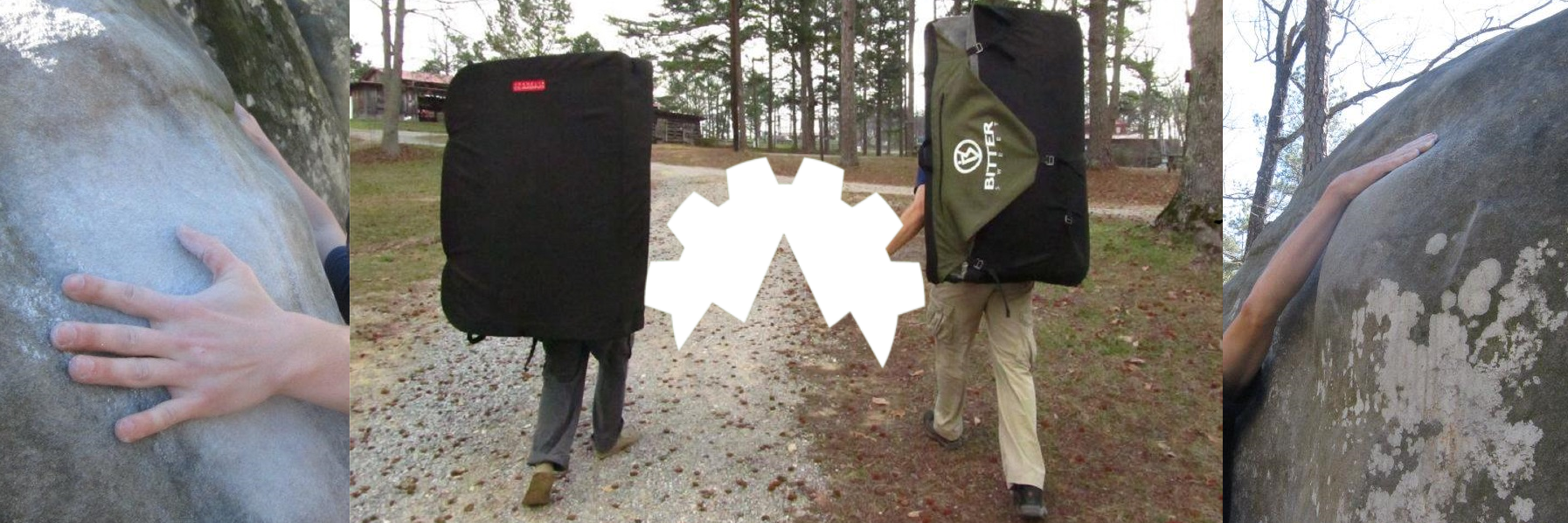Let’s be clear from the jump. Death Grip is not a climbing book, or a book about climbing. It’s an autobiographical account of Matt Samet’s struggles with addiction to benzodiazepines.
Matt is a fairly prolific climber and moreover writer in our sphere; you can catch him in films like ‘Rocky Mountain Highball’, and his books ‘The Climbing Dictionary’ and ‘Crag Survival Guide’. Oh and he had a totally minor role as Editor-in-Chief at a little unknown magazine called ‘Climbing’.
To the book, lets establish one thing off the bat – the guy can write. I’ve read a few other climber’s memoirs that get a little repetitive, or that lack polysyllabic words. Samet clearly has an aptitude, and a huge vocabulary to draw from. Maybe I’m uncultured, maybe I’m a dummy, but I found myself reaching for the dictionary more than once while going through this book. Don’t let that deter you – its an opportunity to learn something. That said, his writing isn’t ‘florid’ the way John Long’s is – its less poetry and more knowing that there is a very specific word for a given situation and damn it the man knows it.
Enough about the meta, onto the meat of the thing. Matt Samet suffers from anxiety and depression, and anyone who has battled those demons knows its not an easy road to travel. Unlike an infection, or a broken arm, or a laceration, the treatment can be hazy – some treatments work, some don’t. Some medications work better for person A, others for person B. Even dialing in the correct dosage of an effective medication is difficult. The final kick in the teeth is that tapering off a medication can lead to withdraw, which can present identically to the original symptoms, making it unclear if the best course is to continue the taper, or to go back to full dose.
It’s a harrowing true story. Samet’s descriptions of suicidal ideation, OIC, and other trials are vivid and raw. His descent and later recovery are a familiar story for those that have struggled with pharmacology’s intersection with mental health. There is one thing that bothered me, and its a personal observation. I’ll be the first to say that some physicians I’ve met have bought into their own myth and act with a surety that borders pretension. While Samet levies a fair amount of due blame on those that wouldn’t listen, he too presents himself as stubborn and self-assured, and seems to leave the drug abuse he fell into as a precondition for the doctors to joust with, and not a contributing factor he might take personal ownership of. Not even saying that’s the reality of the thing, but its the impression I got from reading it.
Is it a great climbing book? Again, no, as its not a climbing book. Is it a decent book written by a climber? Yes. The journey is rough, but anyone who has had experiences with benzodiazepines might see common ground and affirmation of the dangers involved.


